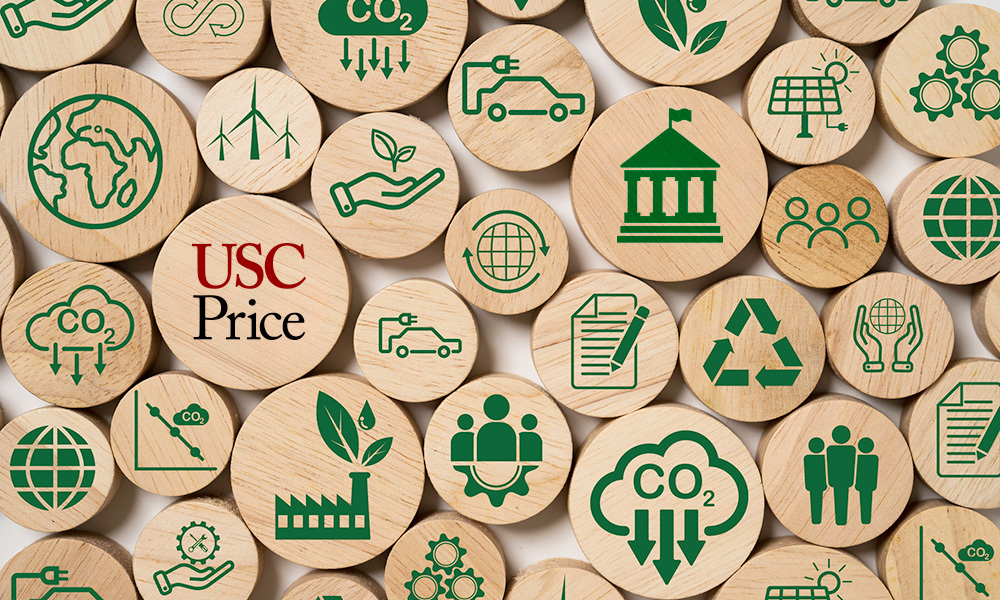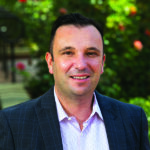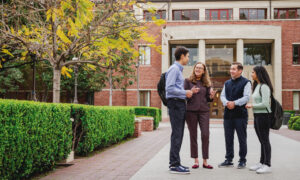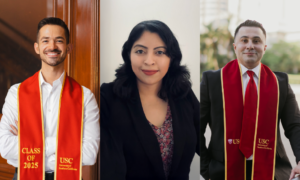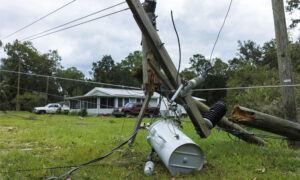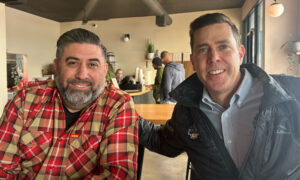Combating climate change is among the most urgent challenges facing policymakers, yet governments and other institutions are often deadlocked on how to address the warming planet.
New curriculum at the USC Price School of Public Policy prepares students for the difficult policy problems posed by climate change, as well as explaining some of the sustainable solutions that could protect the environment and people exposed to extreme weather.
Starting with the Fall 2024 semester, students pursuing a Bachelor of Science in Public Policy can enroll in the Urban Environmental and Sustainability Policy Track. The new program leverages the USC Price School’s expertise – including environmental policy and urban planning – as well as USC’s campus in Los Angeles, a city on the front lines of tackling climate change.
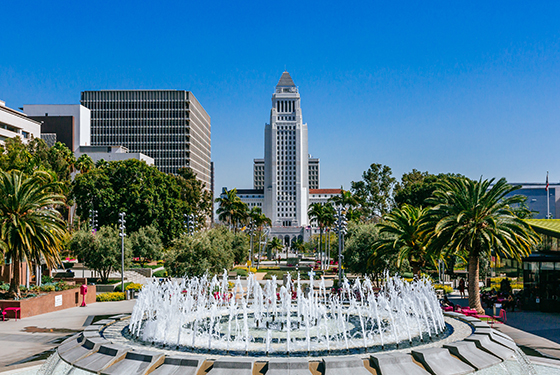
Master of Public Policy
Advocate & Innovate for a More Just World
Effective public policy has the power to disentangle increasingly complex global and domestic challenges. With an MPP from USC, you will have that power too.
Find Out More“The Price School has a good number of scholars who are involved in environmental policy. Our students have consistently had an interest in environmental policy, so that was a need that we wanted to meet. And being in California, environmental policy is a significant part of the policy agenda for many stakeholders,” said Grace Bahng, Vice Dean for Undergraduate Programs at the USC Price School. “It made a lot of sense for our program.”
The undergraduate program gives students global and local perspectives on environmental policy, from the role of international institutions in bringing countries together to what local governments can do to reach sustainability goals. Students enrolled in the track also take courses related to urban planning, environmental impact assessments and transportation, one of the biggest drivers of greenhouse gas emissions.
Los Angeles will serve as a nearby case study for lessons on what local leaders can do in their communities, even if some international and national leaders remain at an impasse. Simple policies such as painting the pavement with colors that absorb heat or building more green spaces are examples of solutions that don’t require huge political support, but still help communities adapt to the adverse effects of climate change, said Antonio M. Bento, Professor of Public Policy and Economics.
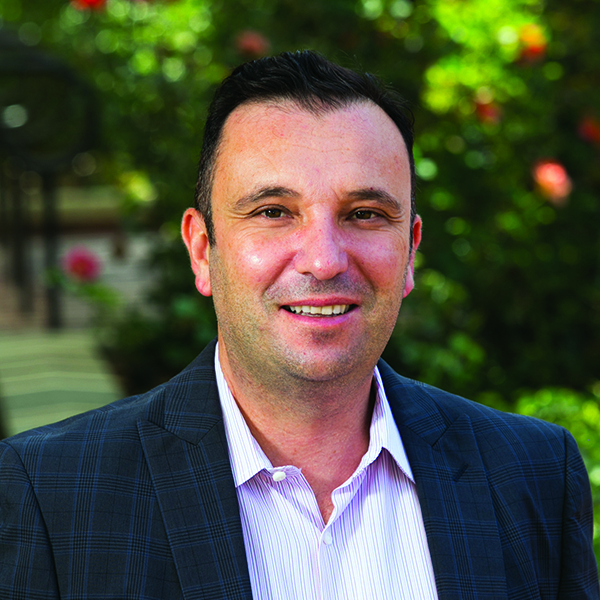
“There are a lot of things that one could do that don’t require broader federal level or global support and could actually improve the quality of life of local residents very quickly,” Bento said. “Students will work through a variety of case studies to really think about those low-hanging fruit options, then meet with non-government organizations (NGOs), meet with clean tech incubator colleagues, and other local representatives to really think about these different aspects of sustainability.”
Bento, a leading expert on the economics of climate change, will teach two core courses in the new undergraduate program. The first, Environmental Policy and Sustainable Development, will guide students on how to design cost-effective public policies to protect the environment, the difficult trade-offs and equity considerations when developing those policies, and the different policy approaches taken by the U.S., European Union and China, among other lessons.
The second course that Bento teaches – Sustainable Communities, Policy and Planning – focuses on the role of local governments, neighborhoods, NGOs and activists in advancing environmental and sustainability goals. The course will feature local guest speakers, such as representatives of nearby seaports that serve as economic engines for the region but are a massive source of pollution, too.
“Climate change is the defining challenge of our time,” said Genevieve Giuliano, Interim Dean of the USC Price School. “This new track provides exactly what students want and the world needs: rigorous training to develop and apply common sense solutions that will yield significant societal benefits.”
The USC Price School’s new sustainability curriculum comes as University President Carol Folt seeks to make USC a model for sustainability in its education, research, and campus operations.
“We see ourselves as contributing with this track to the broader goal of the university in terms of advancing undergraduate education in sustainability,” Bento said. “What we bring to the table is, of course, very solid foundations in public policy, but also a space where students can put their thoughts together about what they are learning from the different disciplines and apply it in real-world, concrete examples.”
